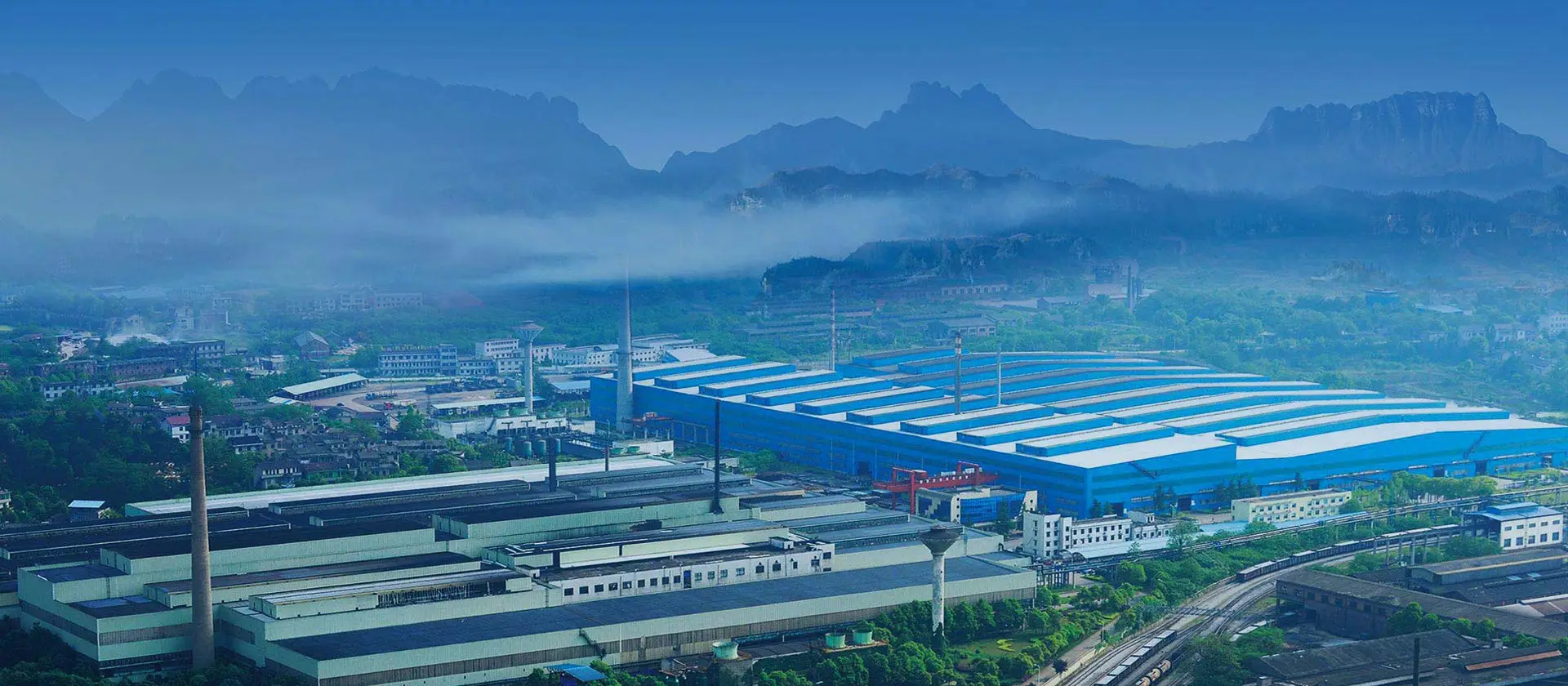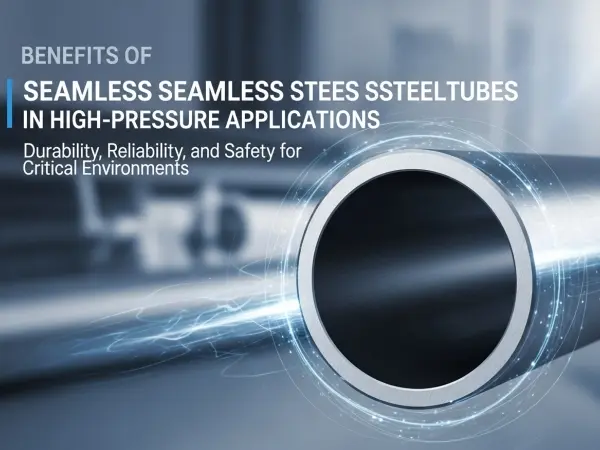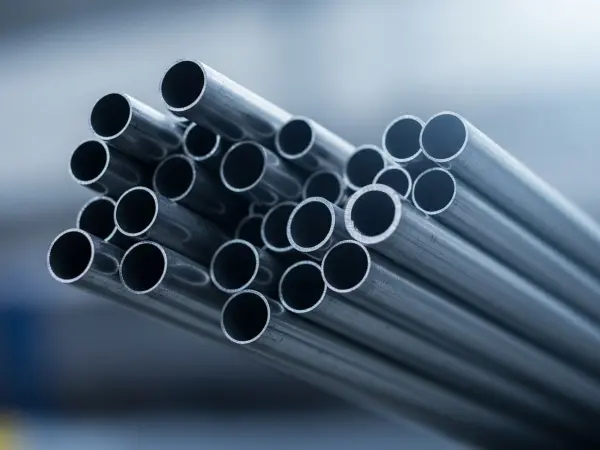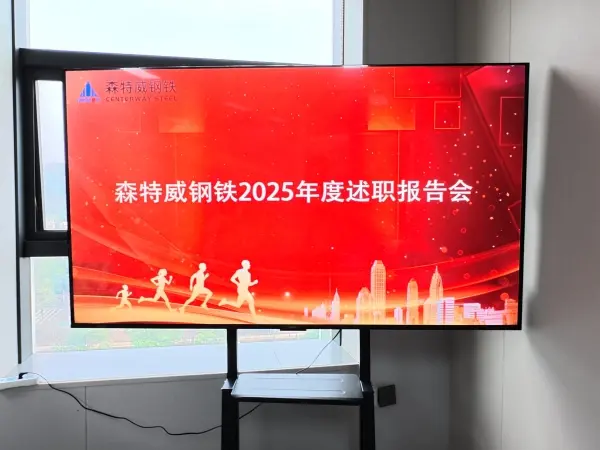
Seamless square tubes are essential in industries like construction, automotive, and machinery due to their superior strength, precision, and durability. Unlike welded tubes, seamless square tubes are formed without joints, ensuring better structural integrity. However, their manufacturing process requires advanced techniques to maintain dimensional accuracy and prevent defects.
In this guide, we explore the five primary forming methods for seamless square tubes, their benefits, and their impact on product quality.
Process:
Air bending involves applying pressure using upper and lower rollers, deforming the tube without full die contact. The edges may experience slight instability, but this method reduces excessive thinning.
Advantages:
✔ Lower tooling costs
✔ Suitable for varying thicknesses
✔ Minimizes material stress
Challenges:
⚠️ Risk of edge deformation if pressure is unbalanced
⚠️ Less precision compared to solid bending
Best for: Prototyping and flexible production runs where minor imperfections are acceptable.
Process:
Unlike air bending, solid bending fully compresses the tube between dies, ensuring tight angles (as precise as 0.2T outer radius) without wall breakage.
Advantages:
✔ High dimensional accuracy
✔ Minimal springback
✔ Stronger corners with uniform thickness
Challenges:
⚠️ Higher tooling and machinery costs
⚠️ Not ideal for ultra-thin tubes
Best for: High-precision applications like automotive frames and structural supports where exact dimensions are critical.
Process:
This technique combines bending torque and roller pressure to shape the tube. The bending line tightens, thickening compressed sections while stretching thinner areas for balanced material distribution.
Advantages:
✔ Reduces wrinkling and warping
✔ Maintains consistent wall thickness
✔ Suitable for complex profiles
Challenges:
⚠️ Requires precise control of roller pressure
⚠️ Higher setup complexity
Best for: Custom seamless square tubes with non-standard shapes, such as architectural designs.
Process:
The tube is compressed from both inside and outside using contoured rollers, ensuring minimal rebound and ultra-tight radii.
Advantages:
✔ Exceptional corner sharpness
✔ No material thinning at bends
✔ Ideal for high-strength applications
Challenges:
⚠️ Limited to certain thickness ranges
⚠️ Higher energy consumption
Best for: Aerospace and heavy machinery where structural integrity is non-negotiable.
Process:
A round seamless tube is gradually shaped into a square or rectangular profile using a mix of air and solid bending techniques.
Advantages:
✔ Smooth transition from round to square
✔ Reduces stress concentrations
✔ Cost-effective for mass production
Challenges:
⚠️ Requires multiple forming stages
⚠️ Potential for minor dimensional variations
Best for: Large-scale manufacturing of structural seamless square tubes used in construction and industrial frameworks.
Each forming technique has unique benefits:
· Air bending is flexible and cost-effective.
· Solid bending ensures precision and strength.
· Stretch-forming balances thickness distribution.
· Precision solid bending is best for high-tolerance needs.
· Circular-to-rectangular forming is ideal for mass production.
For optimal results, manufacturers must consider material thickness, bend radius, and end-use requirements when selecting a method.
Understanding these five forming methods helps in producing high-quality seamless square tubes with minimal defects. Whether you need precision bends for machinery or cost-effective shaping for construction, choosing the right process ensures durability and performance.
For expert guidance on seamless square tube manufacturing, contact our specialists to customize the optimal solution for your specific project requirements.


